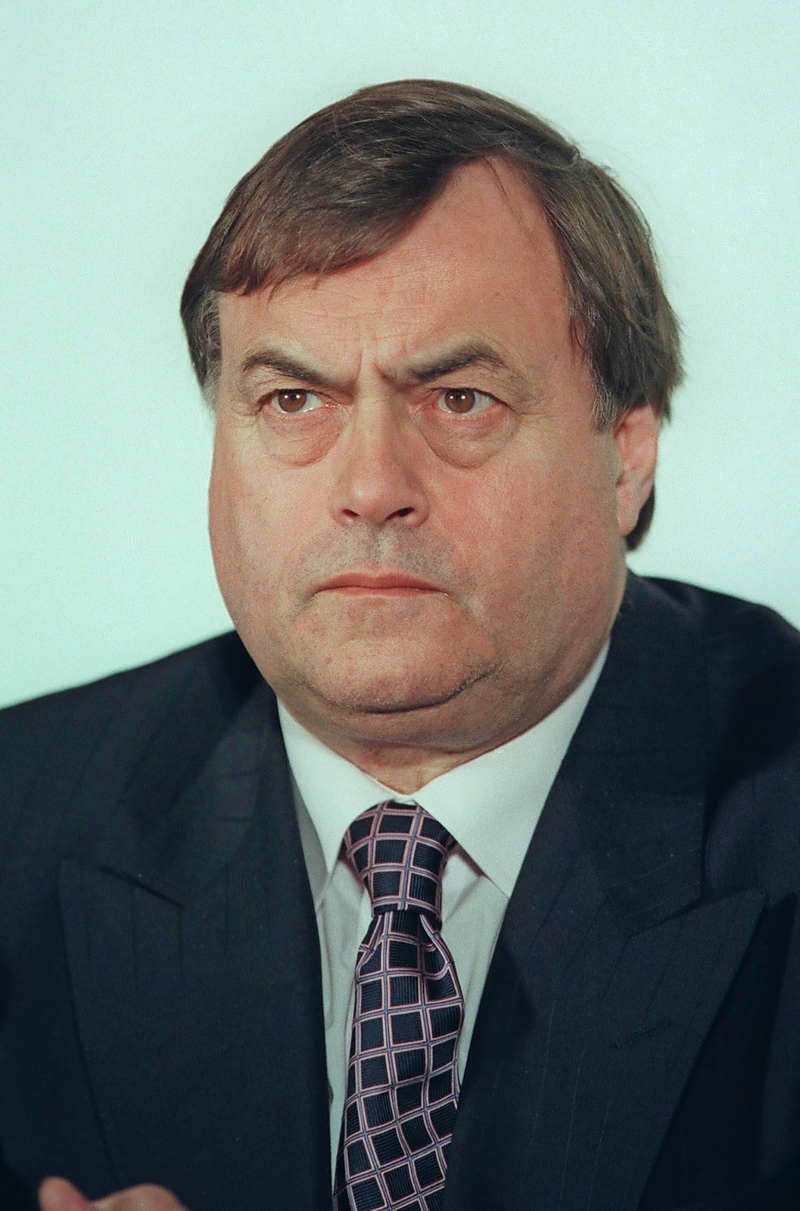
As well as some great achievements, Lord (John) Prescott will be remembered by the transport industry for making profound multi-billion-pound investment promises that were well-intentioned but amounted to very little.

As well as some great achievements, Lord (John) Prescott will be remembered by the transport industry for making profound multi-billion-pound investment promises that were well-intentioned but amounted to very little.
The former Labour Deputy Prime Minister and Secretary of State for Environment, Transport & The Regions died on November 21, aged 86, after a long period of poor health.
Prescott was always passionate about all things transport, when it was apparent that many of those around him in government were not on his side.
His Strategic Rail Authority was intended to keep privatised companies in check, but it was a £250 million failure and only lasted three years before his successor (and later Chancellor of the Exchequer) Alistair Darling closed it down.
On a much larger scale, his £180 billion programme in 2000 to build 25 new tramways within ten years also foundered.
Large sums went into preparing business cases for Leeds, Liverpool, Bristol and Southampton, for six new lines for Manchester, and for taking the Docklands Light Railway south of London. Only Nottingham scraped through, because work had already started before Darling again turned off the switch.
Prescott’s most notable success was to rescue the Channel Tunnel High Speed Rail Link (HS1).
The son of an LMS signalman, Prescott left school at 15 and became a steward with the Cunard Line. He later studied politics and economics at Ruskin College, Oxford, and the University of Hull. He was MP for Kingston upon Hull East from 1970-2010.
As a person, Prescott was seen to be blunt, grumpy and hot-tempered, and sometimes struggling for the correct words to express himself. He always seemed in a hurry, and face-to- face interviews were short when he encountered an unprepared questioner.
On long train journeys to meetings, he would rarely lift his head, studiously poring over reports and documents to ensure that he was completely up to speed when he arrived to contribute to the debate.
Notably, Prescott was the Labour politician who received a standing ovation from company bosses, when he addressed the Confederation of British Industry in London in 1997 about his vision for a better transport network, when the Conservatives didn’t seem to have one.
When Labour was in power under Tony Blair, he often didn’t get his own way, especially with HM Treasury (he was Deputy PM under Blair from 1997-2007,
and in charge of transport from 1997-2001).
He was rattled when Labour decided not to return the railways to the public sector, and his bids to cap what he saw as the uncontrolled excesses of private companies also made little progress.
His SRA creation was viewed as an irrelevant extra tier of management, employing around 400 staff and paying its Chief Executives Sir Alastair Morton
and later Richard Bowker salaries of £250,000 (around £450,000 today). The full story was reported in RAIL 954.
In 1998, Prescott signed off a White Paper called A New Deal for Transport Better for Everyone, and two years later he announced to the House of Commons: “Transport is now a growth industry... new ideas, new powers, new resources, a new approach for a new century.”
He declared that road congestion was one of his biggest enemies, and while London Transport was to get £25bn of the new money, 360 miles of motorway were to be widened, and 100 by-passes built.
Login to continue reading
Or register with RAIL to keep up-to-date with the latest news, insight and opinion.


















Login to comment
Comments
No comments have been made yet.